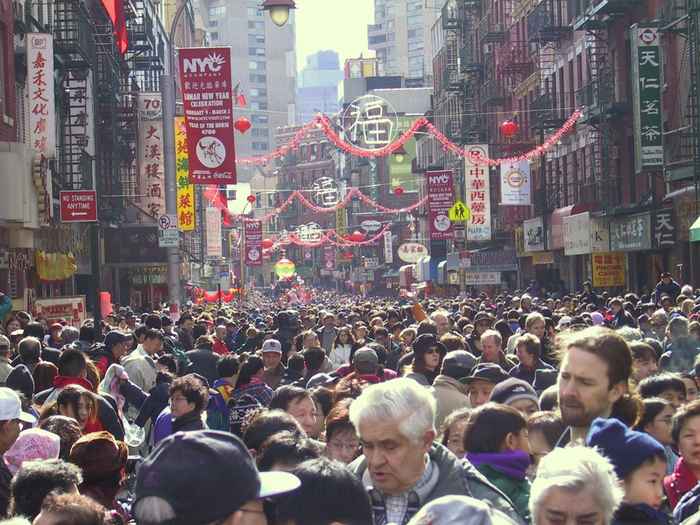How generalizable is the Chinese case? - By visiting Prof. You-tien Hsing
Publication date 28-05-2014
It was a great pleasure to present my research on China’s urban transformation at the Centre for Urban Studies in February this year. At the presentation I tried to theorize the intertwined relationship between urban building and state building. I called this dynamism “urbanization of the state.” During the Q&A, I was asked how I would generalize the Chinese urban experiences. This million-dollar question could be approached from various directions.
